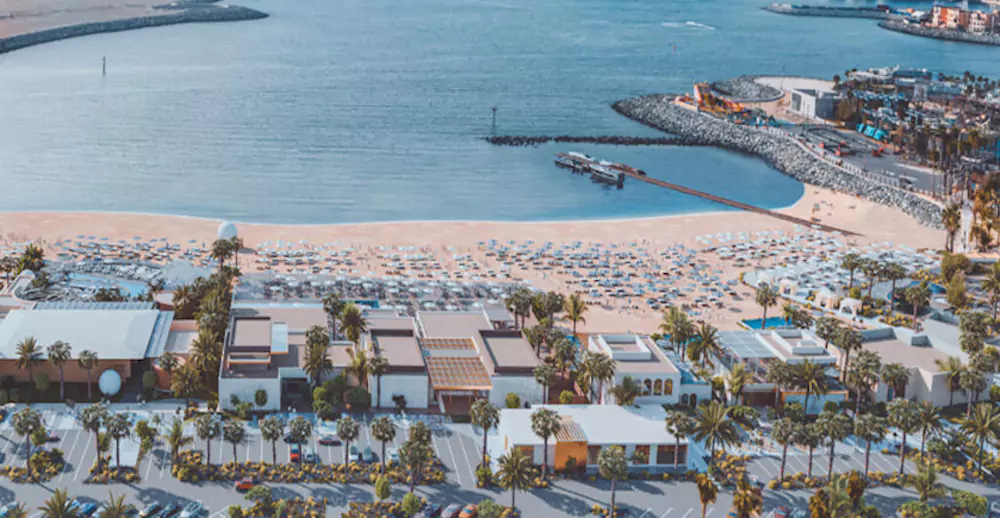J1 Beach is Dubai’s latest beachfront hotspot, plus other news

For PropertyGuru’s news roundup, J1 Beach, set to open to the public, will be Dubai’s latest hotspot for leisure, dining and entertainment. In other stories, Singapore and San Francisco are two cities that practice zero waste management. Lastly, the Philippines’ SM Hotels and Conventions Corp. introduces a technology that converts food waste into filtered wastewater within 24 hours.
J1 Beach: Dubai’s dazzling new beachfront venue
The highly anticipated J1 Beach is set to open to the public shortly after this summer, becoming Dubai’s latest hotspot for leisure, dining and entertainment. Situated in the heart of the Emirates, this vibrant destination promises to be a bustling hub for both locals and tourists. With its crystal-clear waters and pristine white sands, J1 Beach offers the perfect setting for dining, shopping and entertainment. MyBayut explores what makes this exciting new attraction a must-visit in Dubai.
Zero waste cities: Urban strategies from San Francisco and Singapore
With expanding urban populations and evolving consumption patterns, cities are faced with challenges in waste management. Traditional approaches centred on collection and disposal currently seem inadequate in the face of serious environmental concerns and resource scarcity. Waste management has become a focused topic to address, being introduced as a key strategy towards circular economies. The Zero Waste concept hopes to transform the way cities manage urban waste and build supportive cultures around it.
Aside from being a memorable phrase, the Zero Waste concept describes a philosophy around redesigning community relationships to resources and waste. It steps away from traditional waste management practices and their narrow views of effective disposal. The practice proposes a circular system where discarded materials are reimagined as resources with another life, eliminating the very concept of waste.
ArchDaily examines two cities that showcase innovative methods of integrating waste management into healthy urbanism.
Philippines’ SM group hotel arm invests in food waste conversion technology
SM Hotels and Conventions Corp. (SMHCC), the hotel arm of the SM group, recently introduced technology that converts food waste into filtered wastewater within 24 hours.
This technology is called the organic refuse conversion alternative (ORCA) biodigester, which is currently used at the Taal Vista Hotel in Tagaytay City.
BusinessWorld cites SMHCC’s media release which said that since the installation of the ORCA at Taal Vista, it has diverted over 40,013 kilograms of food waste, which is equivalent to 20,406.63 tons of carbon dioxide emissions saved.
“With the adoption of the ORCA biodigester, we have transformed our food waste management process from a weeks-long process to a streamlined, green-friendly one-day cycle, significantly enhancing operational efficiency and our environmental impact,” Leah Magallanes, SMHCC vice-president for Quality and Sustainability, said on 22nd August.
The Property Report editors wrote this article. For more information, email: [email protected].
Recommended
How LIMA Estate in the Philippines is reshaping green business hubs
LIMA Estate models a citywide vision that uplifts workers while appealing to climate-conscious employers
ARES White Paper Volume 3: The era of adaptive reinvention
Pioneering sustainable and innovative practices in urban development
ARES White Paper Volume 2: Unravelling the power of data revolution in real estate
Insights on proptech, smart cities, and sustainable development
ARES Digital White Paper Volume 1: The fundamentals of responsible building
Green and climate heroes join forces to discuss how Asia Pacific can weather the current environmental crises and the looming effects of climate change






